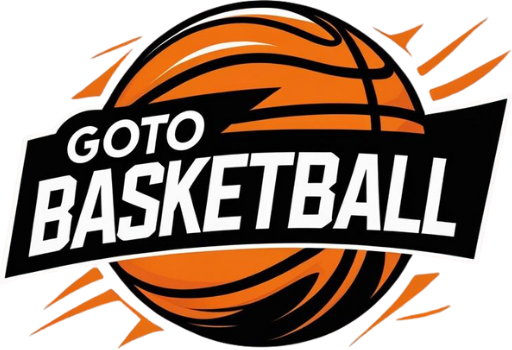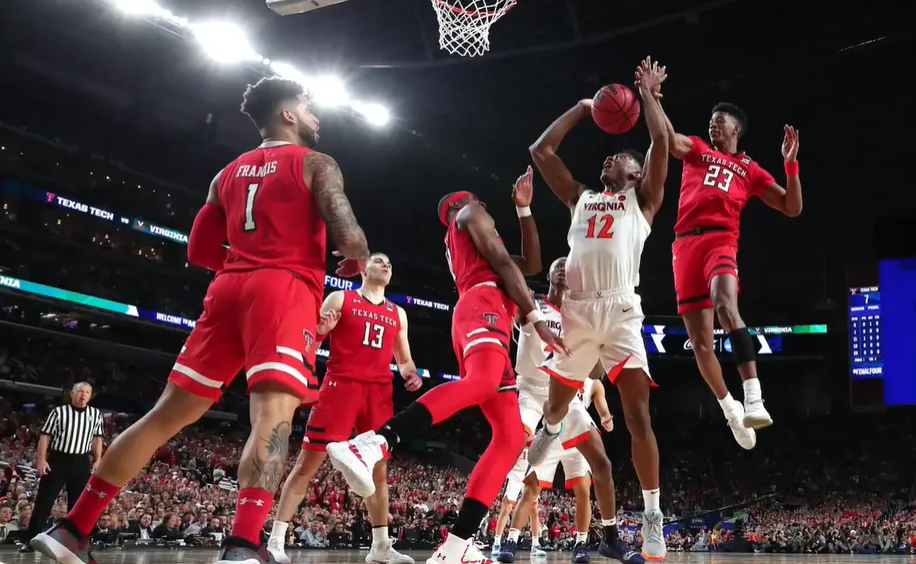A New Alliance to Protect College Athletes
In August of 2025, PayPal Holdings Inc., its viral peer-to-peer payment app Venmo, and the National Collegiate Athletic Association (NCAA) came to terms with a joint venture that aims to reduce online harassment of student-athletes (MarketScreener, 2025). The change is done as the number of athletes who are attacked with a flood of vitriol, harassment, and even death threats, in payment apps and social media has grown.
- A New Alliance to Protect College Athletes
- The Harassment Epidemic in College Sports
- Why Venmo Became a Battleground
- PayPal and Venmo’s Strategy
- The NCAA’s Role in Protecting Mental Health
- Historical Context: Harassment in Sports Isn’t New
- The Fintech Angle: Why Payment Platforms Matter
- Stats That Show the Urgency
- Human Commentary: The Fine Line Between Fan Passion and Toxicity
- Looking Ahead: Could This Change Sports Culture?
- Conclusion: A Step Toward Safer Digital Spaces
It is not just a PR stunt. It illustrates a larger social factor: it is the health of young athletes who must endure the demands of performance, stardom, and celebrity status in a digital age where abuse may be delivered with a flick of their phone.
The Harassment Epidemic in College Sports
One of the main criteria that the NCAA has been criticized over is the inability of the organization to shield its student-athletes against external influences such as cruel fans or gamblers who take advantage of these youngsters when the results of games fail to go as planned. A recent NCAA survey showed that one out of every three student-athletes was harassed on the Internet after a game loss or after their performance was bad (NCAA, 2022).
The increased influx of sports betting has aggravated the situation. Being under pressure to make ends meet is common in the sports market, and more than 119 billion dollars was legally bet on in 2023 alone in the U.S., and as such, it is always the player that gets the flak in regards to a loss of money by a bettor (American Gaming Association, 2024). Venmo, which is becoming the favorite service of young people, has unfortunately become a platform wherein these abusive messages are sent along with a small amount of money as low as a dollar; the actual purpose of this action is to insult or threaten the athletes.
Why Venmo Became a Battleground
Social media payment Venmo has been a two-pronged weapon: On the one hand, some people love it, having their personal payments proudly displayed in a social feed unless they turn off privacy controls. Although it creates a connection, it creates the opportunity of harassment. Multiple athletes in the NCAA have commented on how they have received demeaning messages to receive payment after a high-profile game, even with racial undertones (ESPN, 2023).
As an example, a Big Ten star basketball player got more than 50 unsolicited Venmo payments with hate messages reacting to missional free throws on a March Madness game. Although each transfer amounted to a few cents, once again the psychological impact was high. These micro-payments showed how harassment has been transformed with such digital tools which are inexpensive, direct, and often anonymous.
PayPal and Venmo’s Strategy
In their collaboration with the NCAA, PayPal and Venmo have pledged to:
- Enhance monitoring tools to identify and block abusive payment messages.
- Implement stricter reporting systems, allowing athletes to flag harassment.
- Launch educational campaigns on digital safety for both athletes and fans.
- Collaborate with law enforcement in cases of threats or targeted abuse.
Dan Schulman, CEO of PayPal, emphasized in an earlier shareholder call that creating safer platforms is a “moral responsibility” for companies whose services intersect with social behaviors (PayPal Annual Report, 2024). This initiative reflects that ethos by directly addressing how harassment manifests on payment platforms.
The NCAA’s Role in Protecting Mental Health
Although the NCAA has frequently been saying that earnings matter more than the welfare of the athletes, recent years have forced the organization to change. Mental health crises among student-athletes are increasing, and several stories of student-athletes committing suicide make the headlines nationally (NBC News, 2022).
To help college athletes stay healthy, the NCAA has introduced wellness initiatives, which include increased access to mental health professionals on campuses. Nonetheless, this new form of harassment by Venmo and other platforms offers a new challenge, and this is where there is a need to collaborate with the technology sector. Entering a partnership with PayPal and Venmo, the NCAA is recognizing that the digital environment and ecosystem surrounding athletes is equally as important as what goes on in a court or a field.
Historical Context: Harassment in Sports Isn’t New
This is not the first era of bullying of athletes. Death threats via letter or phone harassment, abuse, and harassment were used towards athletes in the 1980s and the 1990s following a poor game.
One of the most potent cases was the murder of Colombian defender Andrés Escobar in the 1994 FIFA World Cup because of his own goal that led his team to elimination (BBC, 2014). Kickers in American college football and basketball players have traditionally been singled out by fans and alumni following losses in high-profile games.
What is more threatening about today’s harassment is scale and accessibility. Previously, it was hard work to send a threatening letter. Through programs such as Venmo, threats and abuse can now be carried out in seconds, multiplied at a moment, and leave a permanent psychological mark.
The Fintech Angle: Why Payment Platforms Matter
This partnership gives emphasis on the changing accountability of the fintech companies. PayPal and Venmo were not social networks in the first place, yet their social capabilities had an uneventful effect. Pew Research found that 41 percent of Americans that are aged below 35 use peer-to-peer payment programs once a week (Pew, 2023), and they are no less important in the digital world than Instagram or TikTok.
In stepping in to help in this situation, PayPal and Venmo are not only fostering themselves as financial service providers but also as instrumental in ensuring that people are in digital well-being. This has the potential to create a precedent to be followed by other fintech systems such as Cash App or Zelle.
Stats That Show the Urgency
- 33% of student-athletes reported online harassment (NCAA, 2022).
- 52% of college athletes say they experience mental health struggles directly tied to online abuse (Athletes for Hope, 2023).
- 119 billion USD wagered legally on sports in 2023, intensifying harassment tied to betting (AGA, 2024).
- 41% of young adults use payment apps weekly, where harassment often occurs (Pew, 2023).
These numbers illustrate why a fintech sports collaboration is overdue.
Human Commentary: The Fine Line Between Fan Passion and Toxicity
I am a lifelong avid sports fan and have experienced the ups and downs of following a sports team. The boundary between fondness and cruelty is, in too many cases, overstepped. With the digital era, fans have become empowered to express their frustrations directly on the face of young players, who are 18-to 22-year-olds struggling to balance school work, practices, and the tremendous pressure to perform.
The transformation of payment apps into means of abuse may sound especially intrusive. It is a totally different case to tweet any athlete; to send them harassment to their wallet, a place close to the skin. This partnership between PayPal, Venmo, and the NCAA is not merely to end the trolling of human receiving or giving out the trolls, as it is about saving the humanity of players who are already burdened with the performance and expectations.
Looking Ahead: Could This Change Sports Culture?
Should this initiative be successful, it will rewrite the way tech platforms deal with harassment across industries. Members of the general population can be in a better position to be protected, as well as influential people or individuals in the public eye of the media.
It is only a band-aid, critics will object. The NCAA must address the bigger structural problems, like allowing amateur athletes to be commercialized and the volcanic growth of sports betting. Before the NCAA acts on harassment, the fuel for harassment will not go away. This move, however, is significant. It is the first time that a leader in fintech and a sports governing body are collaborating to solve a common issue.
Conclusion: A Step Toward Safer Digital Spaces
The connection of PayPal and Venmo with the NCAA is a significant step in terms of combining technology with sports to deal with harassment. Although it is not a perfect solution, there is an agreement that athletes should have security in the virtual world as well as they have on the field.
The student-athletes in college ought to have the right to enjoy their sport and pursue their education as well as interact with fans without the fear of being harassed by their most personal applications being spoiled. This is more than a fight to protect the sportsmen; it is a way of redefining the role of digital platforms in the 21st century.





